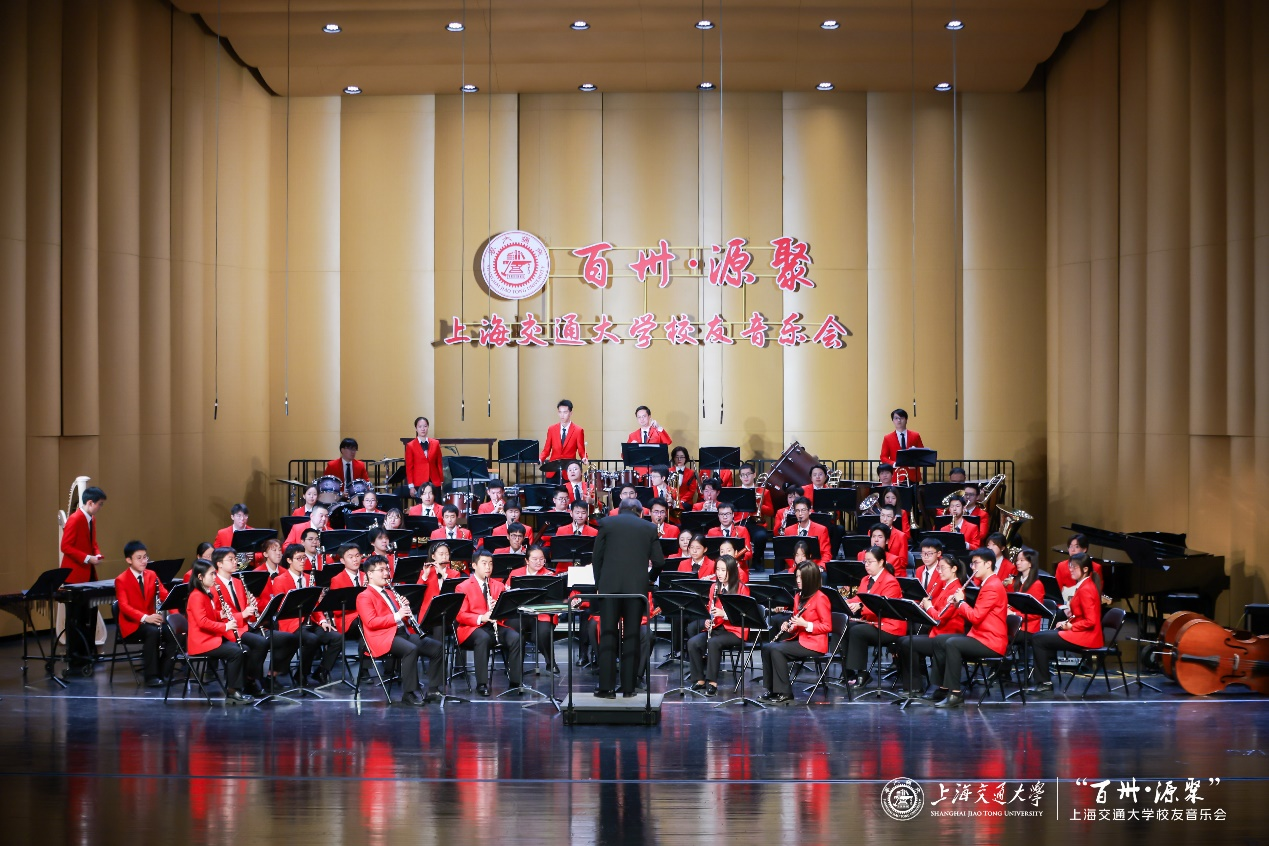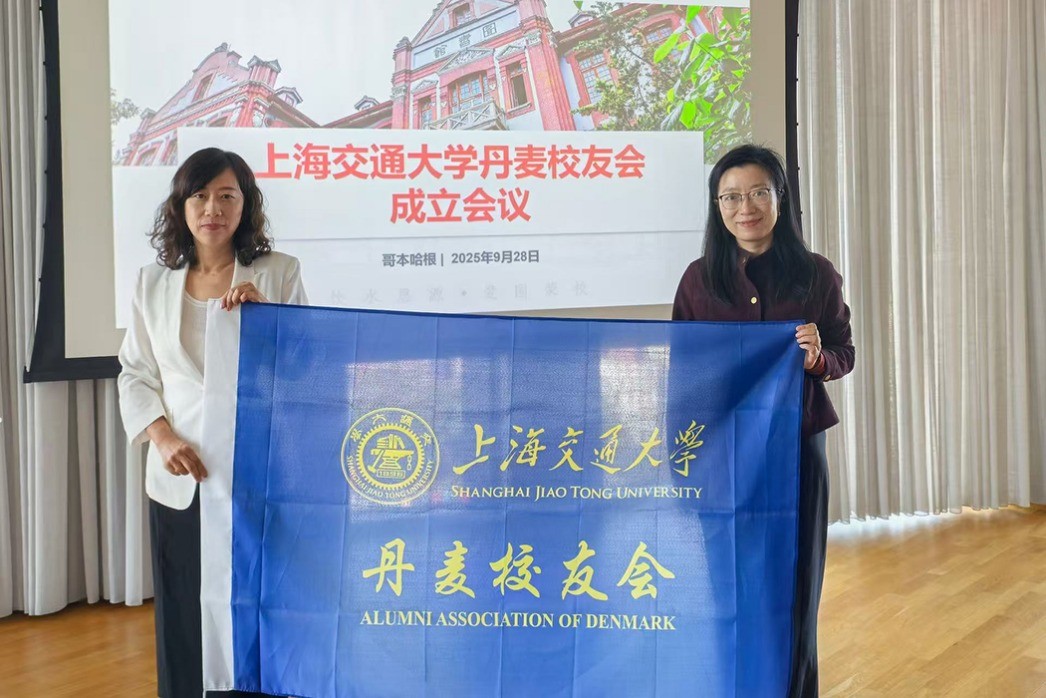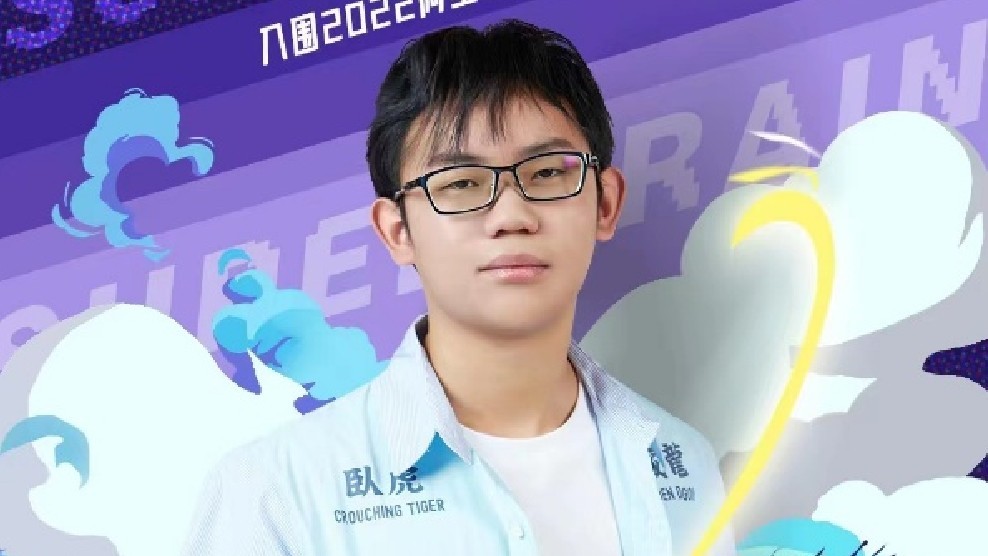After a year-long process of nominations, evaluations, and reviews, MIT Technology Review China × DeepTech has officially announced the recipients of its “2023 China Intelligent Computing Innovators” award. Among those honored are Professor Junchi Yan and Professor Xiaolei Zuo of Shanghai Jiao Tong University (SJTU).
Alumni Profile
Junchi Yan

Professor in the Department of Computer Science and Engineering at SJTU;
Alumnus of SJTU’s School of Electronic Information and Electrical Engineering (Master’s in Pattern Recognition and Intelligent Systems, Class of 2011; Ph.D. in Information and Communication Engineering, Class of 2015).
Professor Yan is a recipient of the National Science Fund for Excellent Young Scholars, an IET Fellow, the principal investigator for major AI projects under China’s Ministry of Science and Technology, and Chief Expert for the Ministry of Education's deep learning resource initiative.
The professor previously spent seven years at IBM Research (Band 9 Chief Researcher), where he delivered one of China’s earliest deep learning-based quality inspection projects (implemented at CSOT in 2017). His primary research interests lie in machine learning and its interdisciplinary applications. He has published over 100 papers in top-tier (CCF-A) conferences and journals, with over 10,000 citations on Google Scholar. From 2019–2023, he ranked among the top five globally in CSRankings. His research has topped PaperDigest’s most influential paper lists for AAAI 2021 and IJCAI 2023.
He serves as the long-term Area Chair for top AI conferences such as ICML, NeurIPS, and ICLR, and sits on the editorial board of the flagship journal Pattern Recognition. He has mentored students to win national awards, including the top prize in the Challenge Cup and the National Science Foundation’s Undergraduate Talent Program.
Award Citation:
For pioneering the integration of operations research, theoretical computer science, machine learning, and quantum computing to develop theoretical frameworks and methods for solving combinatorial optimization problems using (quantum) machine learning, with applications in chip design, drug development, and more.
Applications: Chip design, drug discovery, and other relevant fields.
Xiaolei Zuo

Researcher and doctoral supervisor at the Institute of Molecular Medicine, SJTU School of Medicine.
Professor Zuo is a recipient of China’s National Science Fund for Distinguished Young Scholars, a principal investigator for key national R&D projects under the Ministry of Science and Technology, a winner of the Young Changjiang Scholars Program, and the recipient of the Excellent Young Scientists Fund from the National Natural Science Foundation.
He has been recognized with multiple prestigious awards, including the Zhuang Changgong Award for Scientific and Technological Progress in Chemistry and Chemical Engineering (2022), First Prize of the China Association for Instrumental Analysis Scientific and Technological Award (2017, and as lead contributor), the Shanghai “Dawn Scholar” Award (2018), He has also been selected in CAS's “Hundred Talents Program”.
His long-standing research focuses on framework nucleic acids, biosensing, and DNA data storage. He has published more than 150 research papers in journals such as Nature Nanotechnology, Nature Biomedical Engineering, Nature Protocols, JACS, and Angewandte Chemie, with over 10,000 citations.
Award Citation:
For proposing a novel concept of framework nucleic acid molecular machines for intelligent diagnostics, built on the synergy of nucleic acid structural units, hybridization, molecular recognition, and nucleic acid network engineering.
Applications: Intelligent biosensing, biological computing, disease diagnostics.
About the Award
The “China Intelligent Computing Innovators” program, jointly launched by MIT Technology Review China and DeepTech, celebrates researchers, engineers, and industry leaders who have made groundbreaking contributions in the field of intelligent computing. These individuals not only push the frontiers of academic research but also serve as role models in the promotion and practical application of technology.
Awardees represent a wide spectrum of focus areas—from fundamental scientific exploration to cutting-edge applications. These include AI-powered scientific discovery (AI4S), machine learning, advanced/new computing paradigms (e.g., quantum, photonic, bio-inspired computing), security and trustworthiness, edge intelligence, and hardware-software co-design. Their work not only shows theoretical foresight but also growing practical value across industries.



